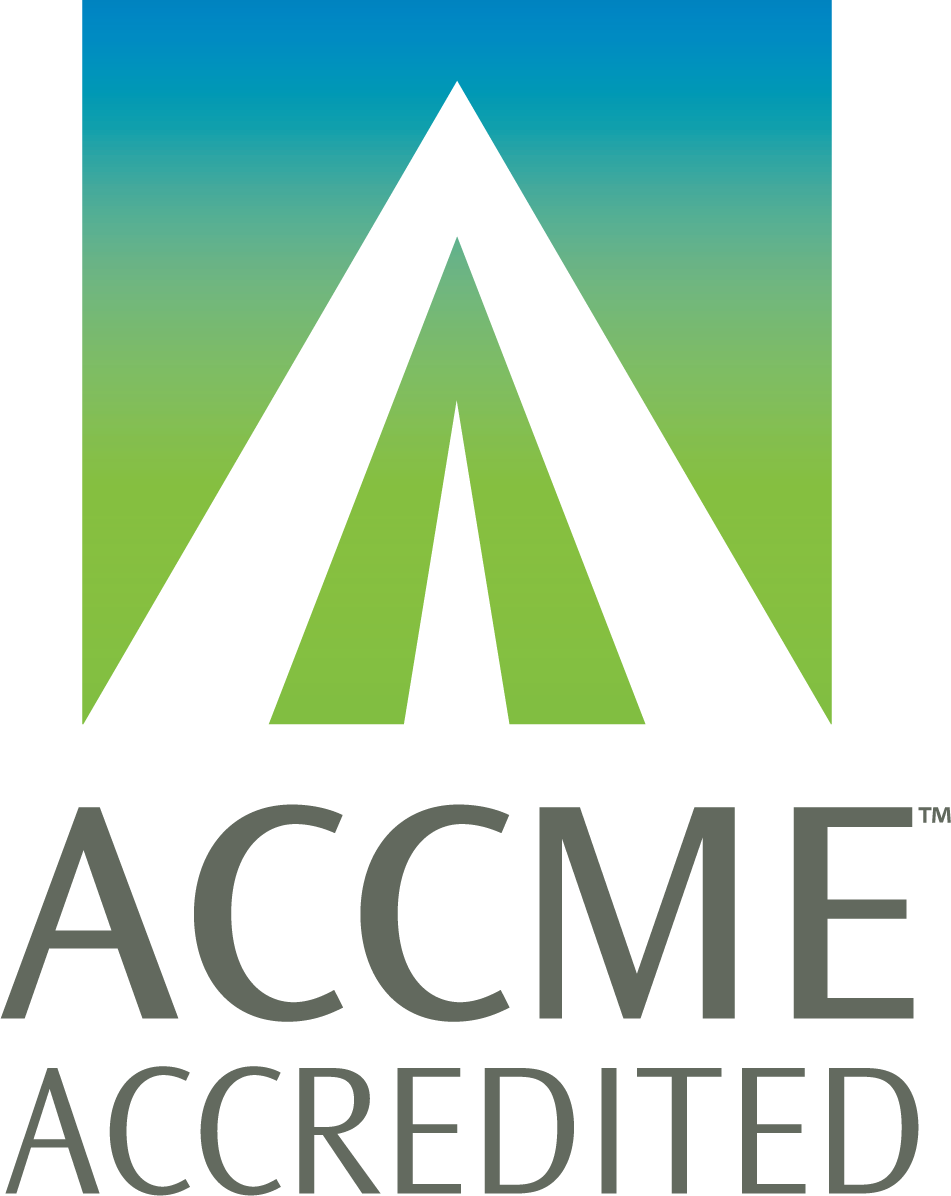 Video Courses
Video Courses Video Courses
Video Courses
In this course, we teach you the basic physiology of sodium homeostasis in the human body. We begin by explaining the important concept of body fluid compartments and the factors controlling the distribution of water between these compartments. We explain the meaning of the terms plasma osmolarity and plasma osmolality and explain how they are related. We teach you how plasma osmolarity is regulated by ADH, thirst mechanisms and the renin-angiotensin-aldosterone system.
Planner and Author: Dr John Seery MB PhD
Planner: Dr Karen Strahan PhD (University of Cambridge), Head of Editorial
Planner: Tommy O'Sullivan, CME Manager
1.0 hours
Upon successful completion of this activity, you will be able to:
30-JUL-2023
30-JUL-2026
Participants must complete the online activity during the valid period as noted above.
Follow these steps:
Acadoodle adheres to the ACCME's Standards for Integrity and Independence in Accredited Continuing Education. Any individuals in a position to control the content of a CE activity, including faculty, planners, reviewers or others are required to disclose all relevant financial relationships with ineligible entities (commercial interests). All relevant conflicts of interest have been mitigated prior to the commencement of the activity.
Planners and faculty for this activity have no relevant financial relationships with commercial interests to disclose.
Ganong WF. (1983) Review of Medical Physiology. 11th Edition. Lange Medical Publications. Los Altos, California USA.
Bie P. Mechanisms of sodium balance: total body sodium, surrogate variables, and renal sodium excretion. Am J Physiol Regul Integr Comp Physiol. 2018;315(5):R945-62.
https://journals.physiology.org/doi/pdf/10.1152/ajpregu.00363.2017
Kumar MA. Osmoregulation and osmoreceptors. J Postgrad Med. 1980;26:4-10.
http://www.jpgmonline.com/article.asp?issn=0022-3859;year=1980;volume=26;issue=1;spage=4;epage=10;aulast=Kumar
Fitzsimons JT. Angiotensin, Thirst and Sodium Appetite. Physiol Rev. 1998;78(3):583-686.
https://journals.physiology.org/doi/full/10.1152/physrev.1998.78.3.583

Acadoodle, Ltd is accredited by the Accreditation Council for Continuing Medical Education (ACCME) to provide continuing medical education for physicians.
Acadoodle, Ltd designates this enduring material activity for a maximum of 1.0 AMA PRA Category 1 Credits™. Physicians should claim only the credit commensurate with the extent of their participation in the activity.
DisclaimerPrivacy PolicyTerms of UseData Deletion© Acadoodle 2026